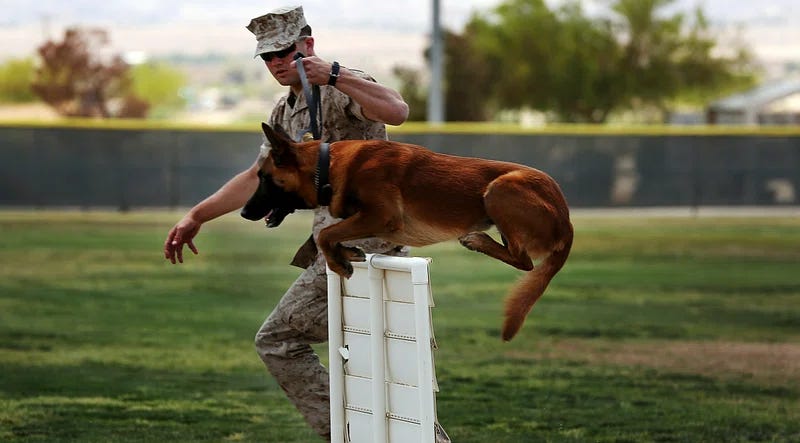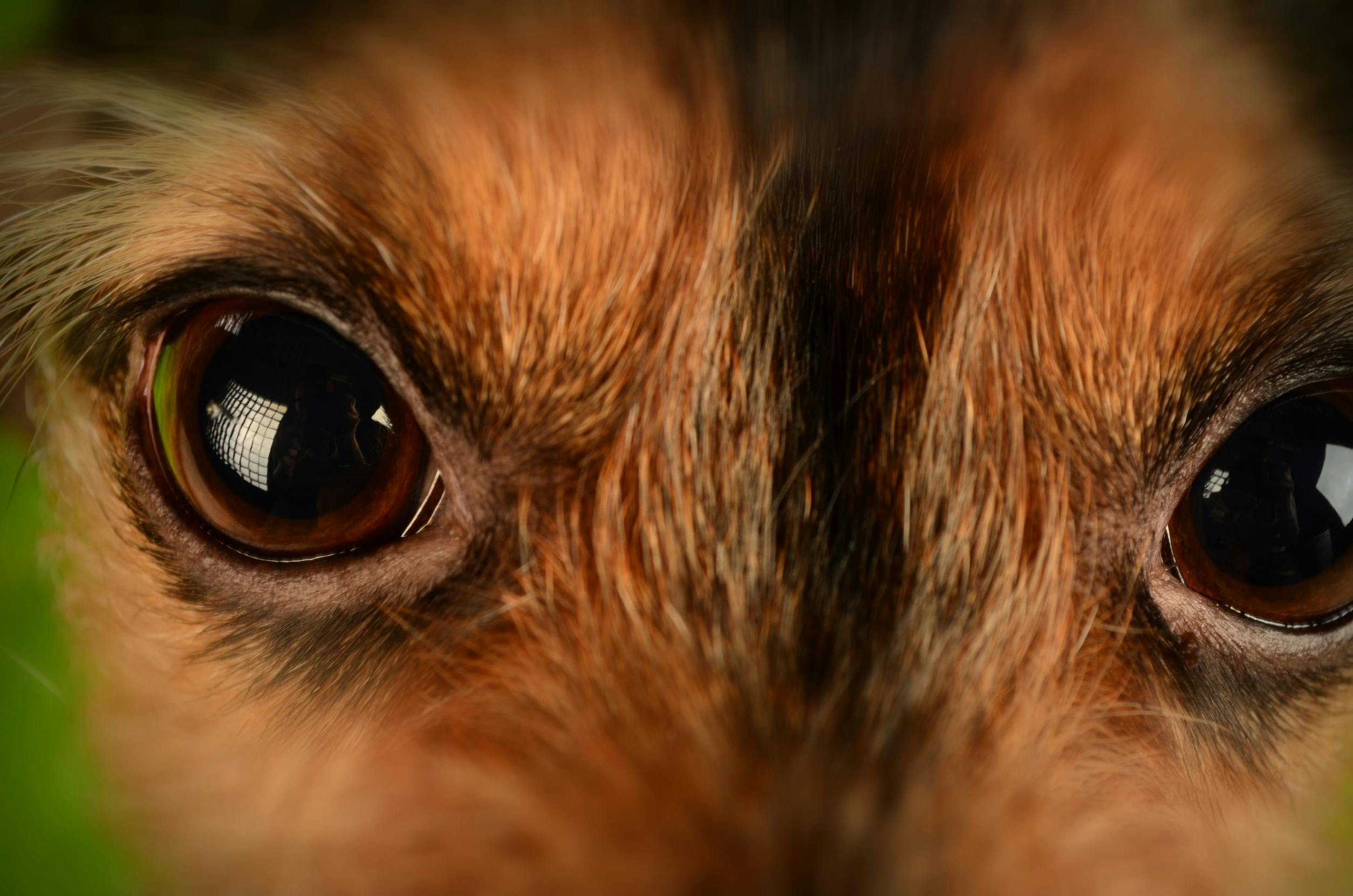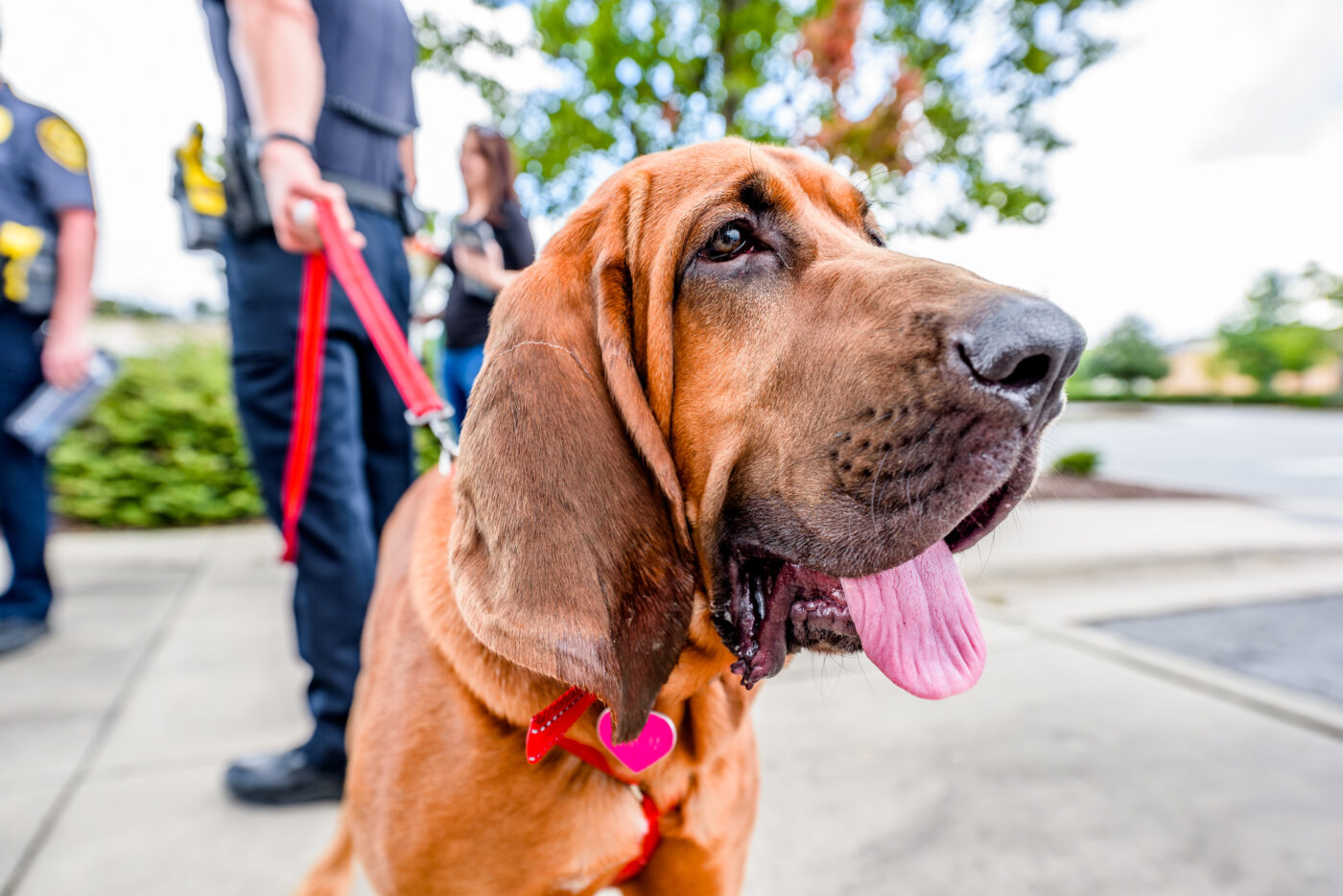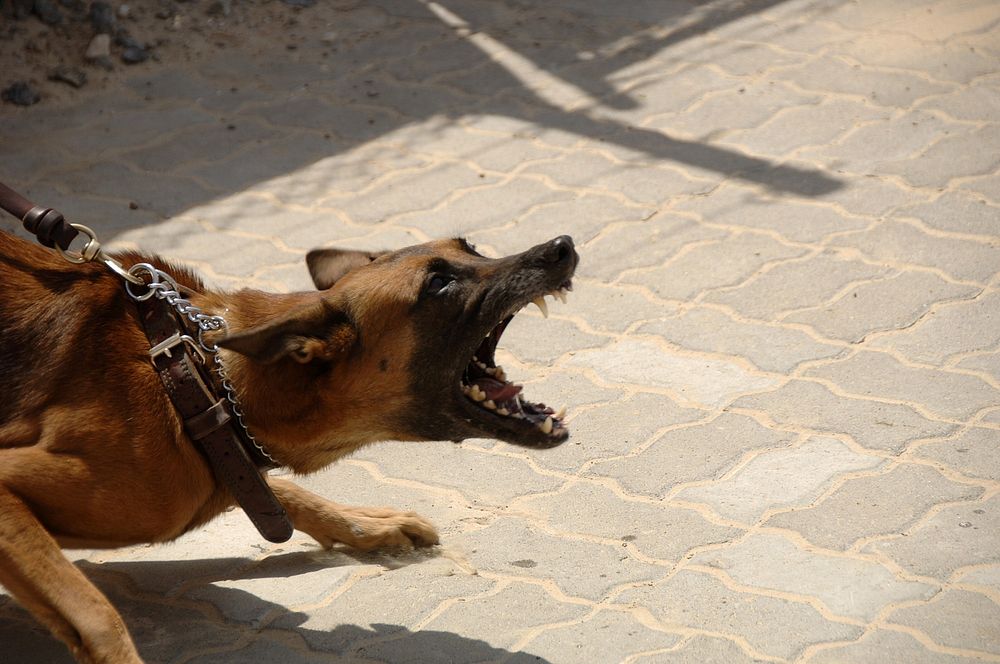
For ages, many people have thought that dogs perceive things we cannot see. Beliefs about dogs seeing spirits span cultures and time. Across continents, societies felt that canine friends were attuned to the unseen realm. Aztecs in Mexico believed that dogs saw ghosts and could protect humans from them. This connection to the afterlife was truly profound in their thinking. They often buried dogs with the dead to guide them on their final journey.
This old reverence wasn’t only found in that one corner of the world. Mayans held remarkably similar beliefs concerning dogs and paranormal activity. Further north, the Inuit people also shared this view about dogs. They saw them as creatures having a unique link to the spirit world. These old views show that people intuited more about dog perceptions than our senses can grasp.
Today, dog owners still feel curious and talk about this question. When a dog stares intently at an empty spot, owners often wonder. Strange reactions in certain places make people think that maybe they sense something. This question about dogs seeing ghosts really depends on your belief in ghosts. The behaviors prompting this question are actual, physical actions that dogs make. Many folks seek explanations for why their dog does mysterious things.

Numerous dog owners tell us they have seen dogs interact with spectral things. Their stories, shared in places like Reader’s Digest, paint vivid pictures for us. They describe canine behaviors seen through a paranormal lens. These tales are powerful because owners know their own dogs deeply. They observe actions that are different from the dogs’ normal ways. Owners then try to find meaning in the strange things they see.
Consider the experience shared by Merry Jeanne Key Millner herself. After moving into a house built back in 1940, her Briards acted oddly inside. These are big herding dogs known for staying close to their owners. Her dogs would not enter the mud room, once the old kitchen. This was highly unusual behavior for dogs that were called “Velcroed” to her. She later learned a sad part of the house’s past life.
An infant son tragically died in that very room a long time ago. His grieving mother herself died there just one year later. For Millner, the conclusion became crystal clear. Her Briards were not simply avoiding the room. They sensed the presence of that mother’s spirit still there. She felt the dogs showed sensitivity and companionship towards lingering energy. Their actions suggested perceptions far beyond what typical senses allow.
Another very compelling account came from Joanna King about Parker, her German pinscher. This was following her father’s passing away. Parker developed a very specific ritual for himself. He started lying down in a position like an Egyptian sphinx. Along with this strange posture, King would often detect her father’s aftershave smell. This combination really triggered what she believed were conversations taking place.

She felt that Parker was talking with her deceased father, you see. Parker would lift his head and fix his eyes upon the doorway opening. He even vocalized in response as that aftershave scent grew stronger. When Parker finally stood up, King felt certain that her father had gone away. These visits, marked by specific actions and smell cues, were very meaningful for her. They brought her a sense of peace and validated her dog’s connection.
Margot Keast, identifying as a non-professional psychic medium, told a story about her late dog named Twinkle. Keast felt absolutely certain that her mother visited after passing away. Her dog Twinkle was always visibly “thrilled” by these expected visits. Twinkle would prick her ears up and make a unique high-pitched whistle sound.
Keast interpreted this sound as the dog signaling exactly what she saw occurring. Twinkle’s behavior was described as “schmoozing and talking to her favorite person”. Keast felt her mother’s energy herself present at these moments. For Margot, Twinkle was actively interacting with a spirit right there. Twinkle gave clear behavioral cues that were interpreted as recognizing the dead person. These kinds of personal accounts are moving, yet they differ from scientific perspectives.
From a scientific viewpoint, the idea that dogs see ghosts faces skepticism. Primarily because the existence of ghosts themselves remains completely unproven by scientific study. Consequently, no scientific studies validate that dogs see spirits, demons, or ghosts. Scientists lean towards explanations rooted firmly in biology and physics principles. They also look at known principles of animal behavior science. Scientists do not typically link strange canine actions to supernatural happenings.

Dr. Alexandra Horowitz studies dog cognition as a senior researcher. She thinks people tend to miss the simple explanation for puzzling dog behaviors. When folks consider paranormal reasons, she suspects what is happening. According to Dr. Horowitz, people want explanations but shy away from the obvious ones. These “more obvious ones” often relate directly to the senses that dogs have. Their sensory capabilities operate far beyond our own human level, you see.
Dogs are definitely equipped with sensory organs much more capable than ours. Dr. Jesus Aramendi highlights how astonishing a dog’s sense of smell is. He says a dog’s sense of smell can be 10,000 times more sensitive than a human’s. This is a huge difference; dogs live in a smell world far richer than ours. They can detect a universe of odors that we simply do not perceive ever. This includes faint scents left behind many hours or even days earlier, you see. A dog reacting to a faint old scent could appear as if they see an invisible being.
Beyond just sensing presence, a dog’s nose can detect subtle changes in humans too. Experts note that dogs smell nervousness by picking up chemical shifts in sweat. Some can even smell certain illness markers, such as signs of cancer. They can sense impending events like seizures, though this requires special training skills. If a dog smells anxiety or illness, they might react to residual traces. These scent-based reactions, appearing undirected, might be misread by us. People might think dogs respond to a spirit, not physical things.

Similarly, a dog’s sense of hearing far surpasses our human capability, you see. Dr. Aramendi points out that dogs hear twice as many sound frequencies as humans. While we hear low sounds okay, dogs really excel at hearing much higher frequencies than we do. They also pick up sounds significantly farther away, like four times the distance. This means that when we hear silence, a dog might be hearing mice inside walls. They might hear the house settling sounds or distant noises outside that we cannot register.
Dr. Amy Shojai, an animal behavior expert, often reinforces this idea. She explains that dogs hear much better than people at higher frequencies, especially. They detect “commotion” that we humans simply might not perceive at all. A dog alert barking at what seems like nothing could just be reacting to sound. That sound would be far beyond our own auditory range limits. Maybe they heard a little critter moving somewhere out of our sight.
Even vision, where dogs differ from us, could play a role in this, you see. While dogs do not see the full spectrum of colors that humans do, and their vision for fine details is not as good as that of people. Yet they possess remarkable abilities for looking in low-light conditions. Dogs can see far better when it is dark than we can ever hope to. This enhanced vision for night is due to specific adaptations within their eyes.
Read more about: Pouring Controversy: Why Your Milk Habits Spark Fierce Debate, From Milo Ratios to Cereal Order

Larger corneas and lenses gather more light for dogs’ eyes. Larger pupils also let more light enter the eyeball itself. A greater number of light-sensitive cones help detect faint light signals. And a mirror-like structure at the back gives light a second chance. The text shows dogs running easily in the dark while an owner is tripping. Dogs also detect flickering light much faster than any human can.
This superior low-light and motion detection capability is quite remarkable. It means a dog might react to subtle light changes or shadows, or maybe tiny movements happening in a nearby dark room, you see. Things like these are completely invisible or just unnoticeable to humans present. A dog staring intently into darkness could simply be tracking something faint. That simple action can easily lead to a paranormal interpretation.
Dr. Stanley Coren, a psychology professor, touches on the human aspect of interpreting dogs’ behavior. He notes a tendency people have to always assume something psychic or supernatural about their dogs’ capacities. This occurs even when dogs engage in entirely normal dog behaviors. For Dr. Coren, a dog barking at a sound outside that we cannot hear might be seen as barking at a ghost. He offers a needed dose of simple realism right here.
He reminds us that not every single behavior necessarily carries a profound meaning. Sometimes, just like humans staring into the distance and daydreaming or pondering, “Sometimes dogs are just looking, or smelling,” he states simply. There is not necessarily a complex underlying reason for that. Certainly not a paranormal one every time it happens, you see.
Read more about: That Bump? It Could Be More Than a Pimple—Here’s Why You Need to Get It Checked Out

Furthermore, Dr. Shojai points out that dogs are acutely aware that their humans’ feelings have changed. They may “react out of fear, excitement, or other emotions they perceive in you” nearby. If an owner feels unsettled, anxious, or just curious about the possibility of ghosts, their dog might pick up on these emotional cues quite easily. The dog’s behavior could mirror or react directly to the owner’s internal state somehow. This creates a type of feedback loop where the dog’s actions seem to validate the owner’s feelings about the presence of something.
Adding to the senses beyond the main five, dogs even react to the Earth’s magnetic field. This hints at yet another layer of perception outside the normal human experience entirely. That ability could potentially contribute to behaviors that humans find quite mysterious when looking at them.
Ultimately, the scientific view championed by experts like Dr. Horowitz holds this perspective. Dr. Aramendi, Dr. Coren, and also Dr. Shojai agree quite fully. Science states that dogs’ actions that seem paranormal are largely explained by biology, you see. Their superior sense of smell and hearing provide a lot of data. Their specialized low-light vision capacity also plays a big role in this.

Plus, they detect subtle movements as well as physiological changes in humans always. And the sensitivity dogs have shown toward the Earth’s magnetic field. These give dogs a very rich tapestry of possible stimuli that we humans miss. While these explanations lack the mystique of spectral visitors always being there, they are grounded in the documented realities of canine physiology and behavior. This framework helps us understand why dogs react to what seems like nothing around them. They are reacting to a sensory world that is silent and simply invisible to us humans.
Figuring out why dogs sometimes react to places that seem empty, perhaps due to unseen things, requires more than just looking at their great senses. What looks like ghosts could be physical or cognitive issues affecting that dog. Just like people sensing things differently due to health troubles, our dog friends do too. Older dogs’ senses can start to decline, but that decline doesn’t always manifest in expected ways. It shows up as altered actions that might look confusing or just weird to their owners.
Something big to think about is a disorder that breaks down a dog’s brain. Cognitive Dysfunction Syndrome, you know, like dementia for humans, is one thing that affects older dogs. It changes how they act and what they perceive, this syndrome does. It causes symptoms that might make you think a dog is reacting to stuff you can’t see. A dog with CDS could pace restlessly, walk around aimlessly, or stare fixedly into space for a good while. These actions, combined with an owner already thinking paranormal things, could easily make you view it as something supernatural happening.

Besides staring, CDS can manifest as accidents inside the house, even if the dog was previously trained. Not wanting to play, showing less interest in things they liked, and changes in sleep patterns are other common symptoms you might observe. Dogs sometimes respond less to family members they know well or other house pets, appearing withdrawn or somewhat lost. These shifts in behavior stem from brain changes, not really from external factors you see or don’t see. A sudden burst of anxiety or confusion might cause a dog to react fearfully or excitedly to its surroundings in ways humans can’t fully explain.
Anxiety problems themselves, not just due to age, can also be the cause of strange dog behaviors. Dogs feeling anxious, especially if they’re hypervigilant, might stay in a heightened state of alert quite often. When their already keen senses pick up tiny clues a person misses, that anxiety amplifies the reaction. A dog might jump up, start barking, or back away from a spot where they smelled an animal hours ago or heard just the house settling noise that we don’t hear. This heightened awareness, driven by worry, means they are more prone to react to things that are actually real but we can’t notice, making the dog seem to react to nothing.
For aging dogs, especially, a specific type of anxiety or confusion named Sundowner’s Syndrome might be worth considering. People talk about this more in relation to humans and Alzheimer’s, but it can occur in aging dogs as well, to some extent. If a dog’s anxiety or behaviors causing confusion occur or worsen in the late afternoon or just at night, that could indicate this syndrome rather than a spirit visiting after dark. Consulting a vet to check for medical issues or cognitive ones like CDS, anxiety, or Sundowner’s is a crucial step before deciding it’s ghosts causing odd dog behaviors.
It’s key to recall that not every instance of a dog acting weird requires a grand explanation, medical or otherwise. As Dr. Jo Myers suggests, changes that happen only once or not very often might just have simple reasons that are easy to miss. Maybe they saw a quick reflection from a car light on the wall or heard neighbors talking far away. These simple triggers from the environment, combined with a dog’s sensitive senses, can make them react in ways that seem mysterious to us but make perfect sense to the dog. And, remember again, dogs are very attuned to how their owners are feeling. If an owner feels spooked or anxious about the possibility of a ghost, the dog may just mirror those feelings rather than sensing something else there.

But for many people, the question of whether dogs can see ghosts isn’t about finding a scientific or medical reason. It’s about validating a feeling inside or something they’ve experienced themselves. Lots of people believe ghosts exist, with many saying they’ve met one personally. Within that belief system, the idea that dogs, thought to have very sensitive feelings, could also see these things feels quite possible, perhaps even likely. This is where looking from the paranormal perspective gives a very different view than the scientific one.
According to psychic mediums and people who communicate with animals like Charles Peden, the answer is yes, dogs can see ghosts. From his point of view, the question isn’t whether ghosts are real, but whether dogs are able to see them around. Peden thinks all dogs simply have this ability to see spirits. The reason they don’t always react to them, he says, is that they just learn to ignore them, like they ignore their own reflection after seeing it for the first time. The spirits, in this view, are always in our space, but they don’t usually bother dogs enough to warrant constant attention, so the dogs simply tune them out even when they see them there.
Peden tells convincing stories from his work that support this belief. He talks about a time with a client’s two dogs, one of whom wouldn’t go into the garage at all. Through communicating with the dog, Peden said the dog explained that a large male spirit was in that space, and it scared him badly. After looking into it, Peden confirmed that a spirit was there, one who mentioned he liked tools. The clients initially didn’t know who that spirit could be, until the husband remembered a mechanic he worked with years ago who looked just like that. This provides support from this way of thinking for the dog’s fear of the garage that seemed unreasonable before.

This idea connects to the bigger question about dogs having a ‘sixth sense’. From a scientific perspective, as we mentioned before, what appears to be a sixth sense is really just how incredibly well their known senses work, such as smell, hearing, and sight. Their ability to detect tiny smells, high-pitched sounds, small movements in the dark, and perhaps even sense the Earth’s magnetic field provides them with a vast range of sensory information that humans completely miss. This makes us think they are sensing things that are not physical when, in fact, they are physical phenomena outside our sensory range.
However, in the paranormal way of thinking, a sixth sense means sensing things beyond the usual five senses. It involves seeing non-physical energy or spirits directly. If you accept that dogs can see ghosts or sense energy, then this ability could indeed be called a kind of sixth sense. It allows them to pick up on ‘good or bad feelings’ or detect the presence of spirits. The answer to whether dogs have a sixth sense, just like whether they see ghosts, really depends on your fundamental beliefs. Do you adhere strictly to explanations based on what science has proven to be real, or are you open to possibilities in the paranormal world?
Discussing whether dogs see ghosts reveals just how complex canine sensing and behaviors are. While science provides compelling reasons based on biology, senses, and health issues for why dogs might react to things they don’t see or hear, personal stories and beliefs often lead to a different interpretation. Is it their exceptionally keen senses, subtle signs of a health problem, or perhaps a connection to the spirit realm? Dogs certainly perceive and interact with the world around them in ways that continue to amaze and intrigue us. This exploration not only shows how much dogs can do but also how deeply humans understand and feel connected to their beloved pets, seeking meaning in every look they share, every bark, or that stare into the empty air.
Related posts:
The dog did it? What to know about the German Shepherd tied to the Karen Read trial
What Is Your State’s Flea and Tick Season? Preparing Your Dog
Who gets Fluffy when you’re gone? Pet inheritance is more complex than you might think




